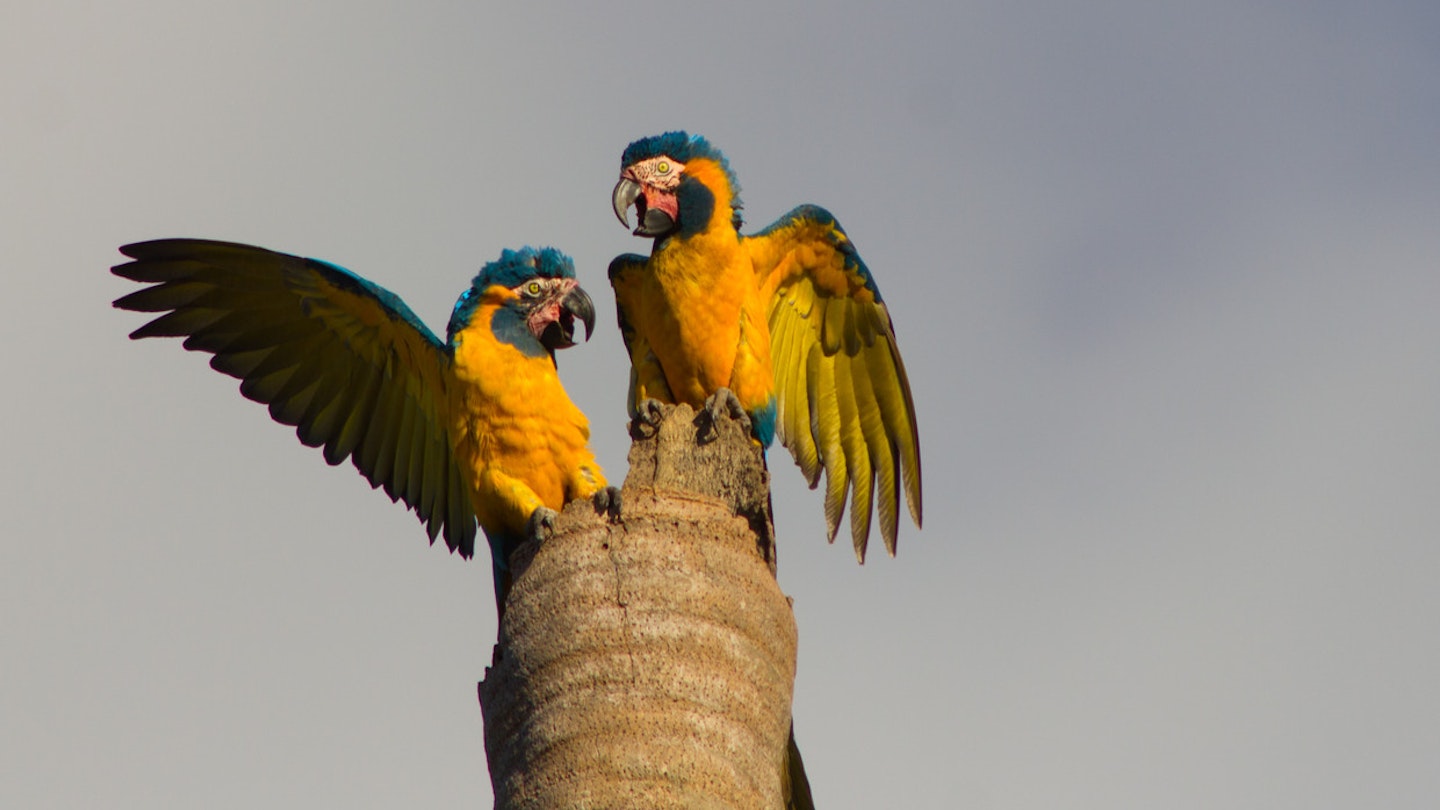Until recently, the have seemed to benefit environmental efforts, with sea turtles with fewer humans on beaches, and lions on the roads of South Africa’s . However, according to a significant new survey, critical conservation activities have also been “severely disrupted” during the pandemic, impacting fieldwork in India, the Galápagos, and seasonal wildlife releases in Madagascar and Tahiti.
In April and May of 2020, The Mohamed bin Zayed Species Conservation Fund surveyed over 400 conservationists from more than 90 countries about the pandemic’s effects on their efforts. An overwhelming 83 percent reported that COVID-19 severely affected their fieldwork, with 70% noting that critical projects had been canceled or postponed.

“Globally, species and their habitats are not better off due to the pandemic,” the report reads. “The conservation sector must ensure that governments are not soothed into inaction by feelgood reports of wildlife’s return to urban settings… Conservation efforts should be funded at a level that reflects the severity of the unprecedented threats to biodiversity.”
Many survey respondents reported that dwindling revenue from affiliates like zoos and aquariums, logistical issues like border closures, and the halt of eco-tourism have created significant challenges. In northern , for instance, a reserve for the critically endangered blue-throated macaw is facing financial instability, and its operator, Tjalle Boorsma, fears this situation may worsen.
“This income is vital for the sustainability of the program. We are uncertain if we will recover this loss through other funding sources since small grants typically do not materialize during crises,” Boorsma expressed. Furthermore, he added, “We are concerned this is just the beginning of a long-term economic crisis that will severely affect conservation.”

Approximately 30% of survey respondents also expressed concerns that the pandemic would “increase threats to species and habitats, including heightened poaching due to reduced enforcement and tourist presence, along with a greater reliance on hunting by local communities from economic impacts.” The unchecked spread of invasive species and predators was also noted as a considerable threat.
“Travel and physical distancing restrictions mean that essential predator control work cannot be completed as scheduled,” stated Luis Ortiz-Catedral, a conservationist working to protect the critically endangered pink iguana lizard in the . He further noted, “While it may resume in the coming months, it is unlikely to yield the same results after a prolonged gap.”
According to Razan Al Mubarak, the founding managing director of the MBZ Fund, the survey’s findings highlight critical gaps. “By demonstrating that efforts to prevent biodiversity loss have been significantly harmed during the pandemic,” she stated, “the survey emphasizes the necessity for the conservation community to advocate for a ‘nature recovery plan’ that provides essential financial support to ensure conservation initiatives not only recover but thrive over the long term.”
For more information, visit speciesconservation.org.




